
For several days now, social networks have been making noise about a T-shirt the German national football team, which will compete at the home European Championship in less than three months. It wasn’t even the jersey that got me excited, but the number “4” printed on it, whose design is reminiscent of Nazi symbols. The company that developed the equipment, Adidas, responded to the resonance with lightning speed: a T-shirt with the number 44, associated with the “zig” rune, an integral attribute of the SS troops, was banned.
Yes, at Euro 2024 only numbers from 1 to 23 will be used, but at the official site, first you can create your own T-shirt with number 44. Now it will not be possible to do this.
A year ago, something similar happened in Greece, where a swastika was spotted in the beautiful pattern of the national team uniform. The new equipment was made by Nike, using the slogan “All of Greece in one T-shirt” and “We play as a team.” However, like representatives of the MERA25 parliamentary party, the fans did not appreciate the designers’ idea — they called for a new uniform to be replaced.
However, the jersey was not “banned” in the end: the Greeks still played several matches in the “fascist” T-shirt.

But Fiorentina were forced to change their uniform in 1992.
This happened against the backdrop of a scandal surrounding the pattern on the Violets home kit: a swastika was also noticed on the collar, and it was more obvious than on the Greek jersey. It has been suggested that the design was chosen on purpose. Allegedly, in this way the fans were reminded of the founder of Fiorentina, one of the leaders of the National Fascist Party of Italy, Luigi Ridolfi.

< br>
There will also be a place in the selection for the Chilean “Deportivo Palestino”. No, no, no prohibited symbols… The club, founded by Palestinian migrants, made international news in early 2014 because of the number «1» on its uniform. Which exactly repeated the map of Palestine until 1947, when a UN decision, with the active role of the USSR, determined the creation of two states — Israel and Palestine (though only Israeli was created).
A fine of $1,300 and complaints from the Jewish community had no effect on Deportivo Palestino's decision: the players continued to take to the field in uniforms with political overtones.
One of the loudest scandals surrounding football equipment erupted in June 2021, on the eve of Euro 2020, postponed due to the coronavirus pandemic. Then Ukraine presented the main and guest kits, which raised big questions both from the Russian Football Union (RFU) and from our politicians:
- there were the inscriptions “Glory to Ukraine!” and “Glory to the Heroes!”;
- on the chest there was a map of Ukraine with the Crimean peninsula as part of the state.
The Union of European Football Associations (UEFA) was closed eyes on the outright provocation in the design of the form. They only demanded that the “zhovto-blakit” remove the inscription “Glory to the Heroes” from their T-shirts, so that the slogan of the Ukrainian Insurgent Army* would not be repeated completely (the UPA is recognized as an extremist organization and is banned on the territory of the Russian Federation).

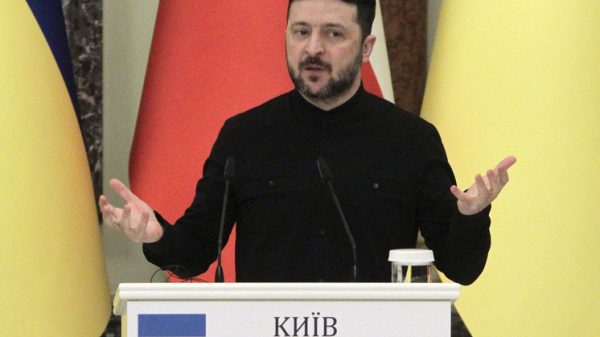
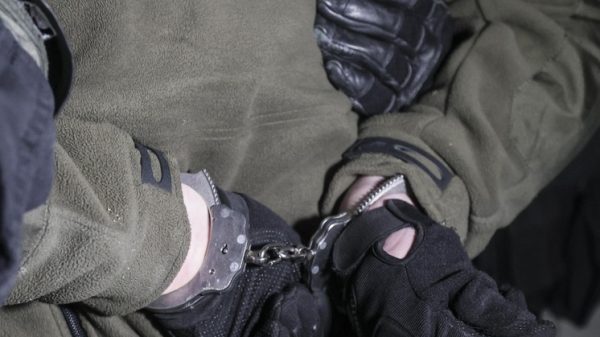
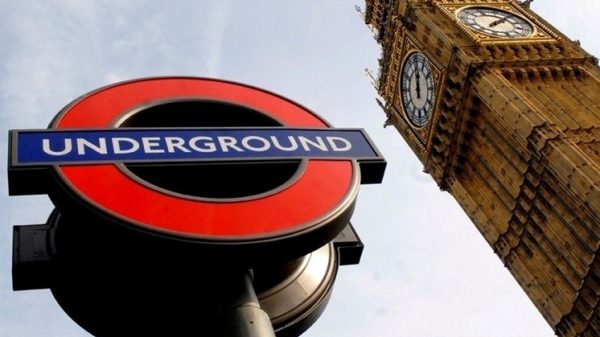
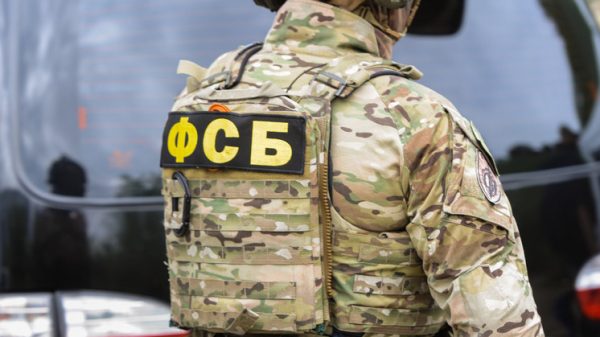




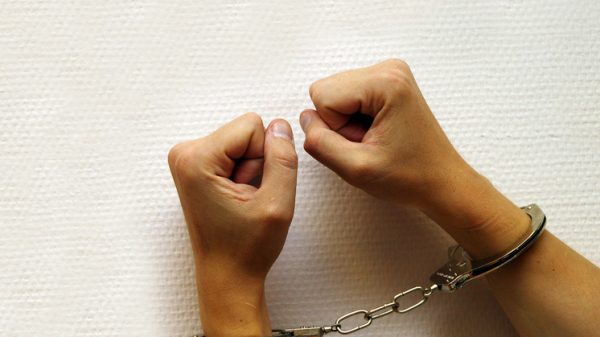

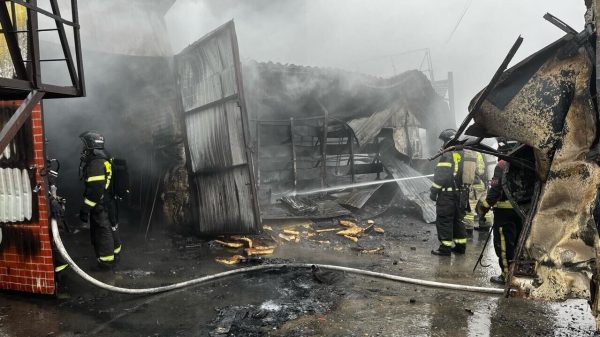
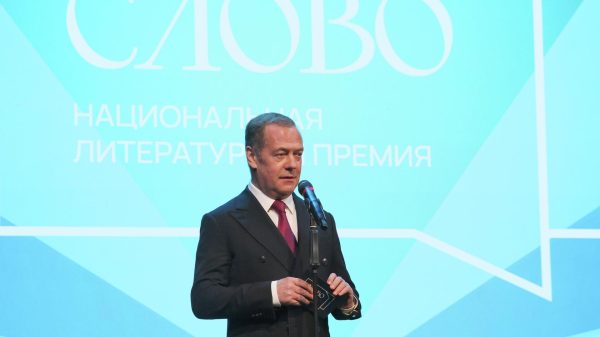
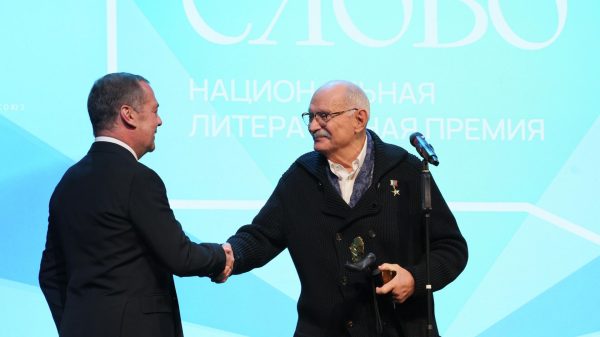
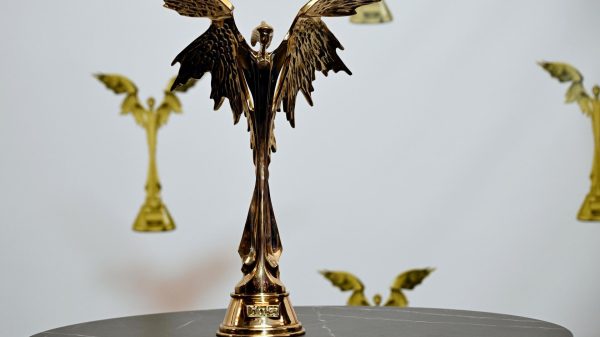
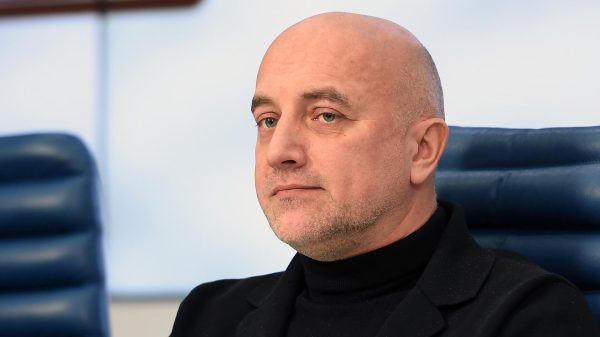
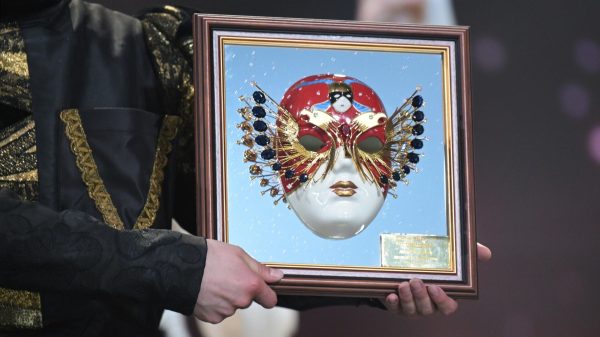












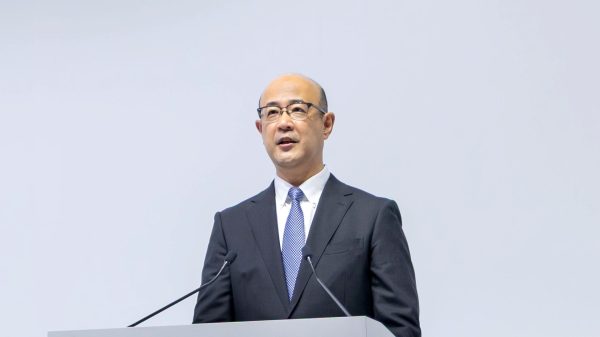




























Свежие комментарии